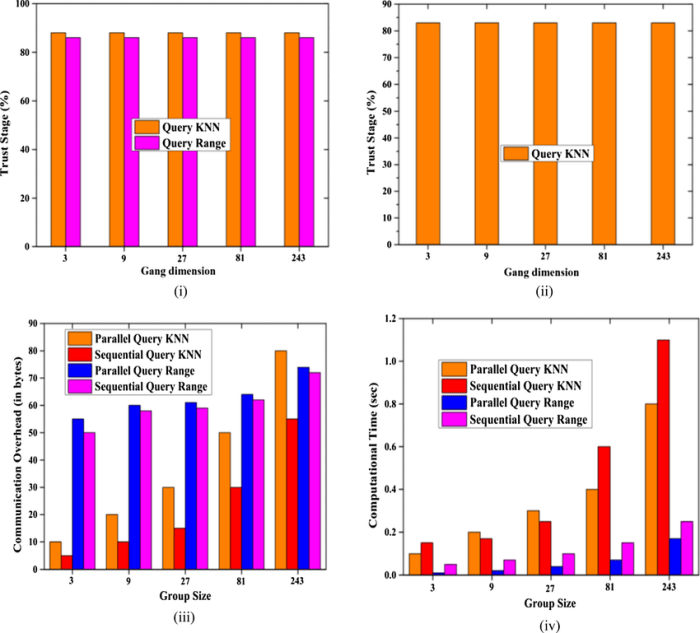Ethical intensity depends on all of the following except ____. This concept plays a crucial role in ethical decision-making, as it helps individuals and organizations prioritize ethical issues and make informed choices. Understanding the factors that influence ethical intensity is essential for navigating complex ethical dilemmas.
Ethical intensity is determined by several factors, including moral salience, magnitude of consequences, social consensus, temporal immediacy, and concentration of effect. However, there is one factor that does not influence ethical intensity, and identifying this exception is key to comprehending the concept.
Ethical Intensity and its Factors: Ethical Intensity Depends On All Of The Following Except ____.

Ethical intensity is a concept in ethics that refers to the level of ethical significance associated with a decision or action. It is determined by several factors, including the moral salience of the issue, the magnitude of its consequences, the degree of social consensus surrounding it, its temporal immediacy, and the concentration of its effects.
These factors contribute to the level of ethical intensity by highlighting the importance of the decision, the potential impact it may have, the extent to which it is widely recognized as being ethically relevant, the urgency of the situation, and the number of people who will be affected by it.
Understanding the Exception
One factor that does not influence ethical intensity is the availability of resources. This is because ethical intensity is primarily concerned with the ethical significance of a decision, rather than the practicalities of implementing it. While the availability of resources may affect the feasibility of a particular course of action, it does not change the ethical implications of that action.
Ethical Intensity in Practice, Ethical intensity depends on all of the following except ____.
Ethical intensity can vary greatly depending on the situation. For example, a decision to euthanize a terminally ill patient may have a high level of ethical intensity due to the moral salience of the issue, the magnitude of the consequences, and the degree of social consensus surrounding it.
In contrast, a decision to donate a small amount of money to charity may have a low level of ethical intensity because the moral salience of the issue is relatively low, the magnitude of the consequences is limited, and there is little social consensus surrounding it.
Implications for Decision-Making
Understanding ethical intensity can help individuals and organizations make more ethical choices. By considering the factors that contribute to ethical intensity, decision-makers can identify the most ethically significant issues and prioritize them accordingly.
This can help to ensure that decisions are made in a way that is consistent with ethical values and that the potential consequences of those decisions are carefully considered.
Ethical Frameworks and Intensity
Several ethical frameworks or theories incorporate the concept of ethical intensity. For example, the theory of utilitarianismconsiders the ethical intensity of an action by weighing the potential benefits and harms it may cause.
Similarly, the theory of deontologyconsiders the ethical intensity of an action by examining whether it conforms to moral rules or duties. By considering ethical intensity, these frameworks provide a structured approach to ethical decision-making that can help individuals and organizations make more ethical choices.
FAQ Explained
What is the one factor that does not influence ethical intensity?
The one factor that does not influence ethical intensity is personal preference.
Why is personal preference excluded from the factors that influence ethical intensity?
Personal preference is excluded because it is subjective and does not reflect the objective factors that contribute to ethical intensity.

